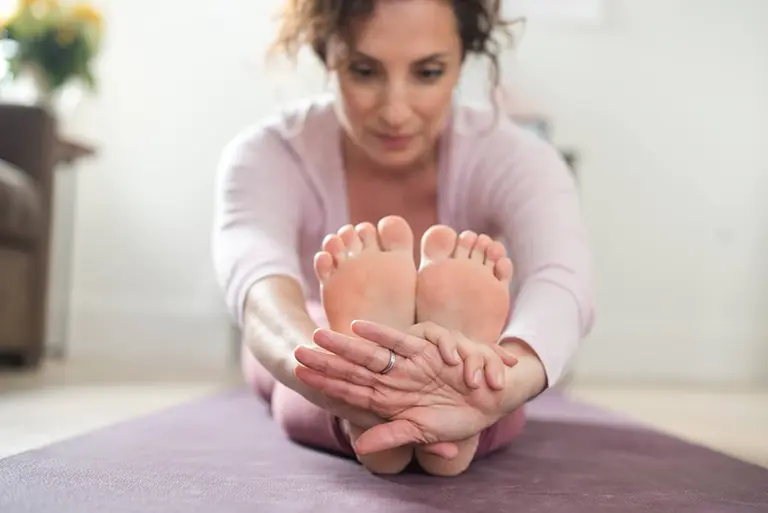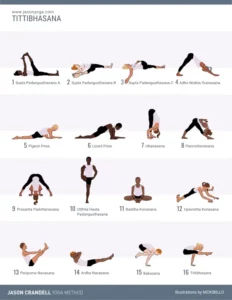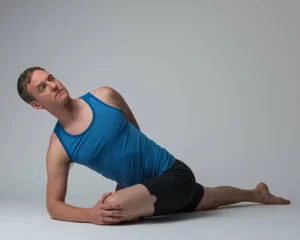Self care is a buzz word these days. And there’s a reason for it – in times of cultural and political strife, people’s interest in self care increases. Buzz words tend to make me cringe, or at the very least, they make me suspicious. But last year, as I was prepping for an interview with Jill Miller, I read her words, “self care is healthcare,” and they stopped me in my tracks with a big, resounding, inner YES.
Yes, because I went through clinical depression and panic disorder in my twenties, and a big part of my healing was learning self care (the other big part was and still is anti-depressants). When I became a mother 6 years ago and ended up with an unplanned, super-medicated C-section and my baby couldn’t latch properly for close to a month, I was forced to slow down and practice self care. And when I went through cancer treatment four years ago, I was reminded yet again that ongoing self care was part of my post-treatment plan to help prevent recurrence.
So, a big YES to the idea self care is part of what keeps me healthy – and when I lose touch with that, I am less healthy, resilient, and strong. I’m also less able to cope well with the primary people in my life – I’m less patient, more brittle, and less of a teacher to my daughter, more of a drill sergeant. The reason for this is so obvious to me now –it really is true that the way you treat others begins with the way you treat yourself. If you’re gracious and spacious with yourself, you’re more able to extend that goodwill to the people around you.
For me, self care is a constant process of self-reflection and then making choices that contribute to my overall well being from moment to moment.
The actual doing of self care is different for everyone. And until I read Jill’s quote, I put it in the category of – go get a mani with my bff or treat myself to something. I like to treat my self – just ask my husband. And, occasionally, a pedi feels like self care. But overall, I think of it differently now. For me, self care is a constant process of self-reflection and then making choices that contribute to my overall well being from moment to moment. Sometimes it takes the form of using some essential oils to reset my mood. Other times it’s scheduling in coffee time with friends who I truly love connecting with. Many, many times it’s allowing myself more silence, less screen time.
Whatever the self care choice is, there are three underpinnings to this approach to self care:
1. I acknowledge that self care has value. It’s not a treat; it’s a necessity for me to function at my very best in a consistent way.
2. It requires the ability to tune in to what I need, which requires self-awareness.
3. It’s more meaningful and easier to stick to when it’s tied to your overall sense of purpose. That’s why yoga and meditation are at the very root of all my self care practices.
These two foundational practices accomplish two things at once – they hone your self-awareness so that you can better identify and respond to your own needs while being amazing forms of self care in their own right. Simply stepping on the mat or sitting in silence on a regular basis will help you understand your energy levels, your physical pains, your responses to stress. These practices will help you hear the voice in your head that is planning the future or is stuck ruminating on the past. They can illuminate the mean girl on your shoulder who tells you you’re not working hard enough, and it also open you up to a compassionate voice who knows the truth of how inherently worthy you are.
Self care is not always easy – it’s not all running through daisy fields taking selfies. It also doesn’t have to be expensive. But it does require committing to its value and carving out practices that you can regularly incorporate into your life.



